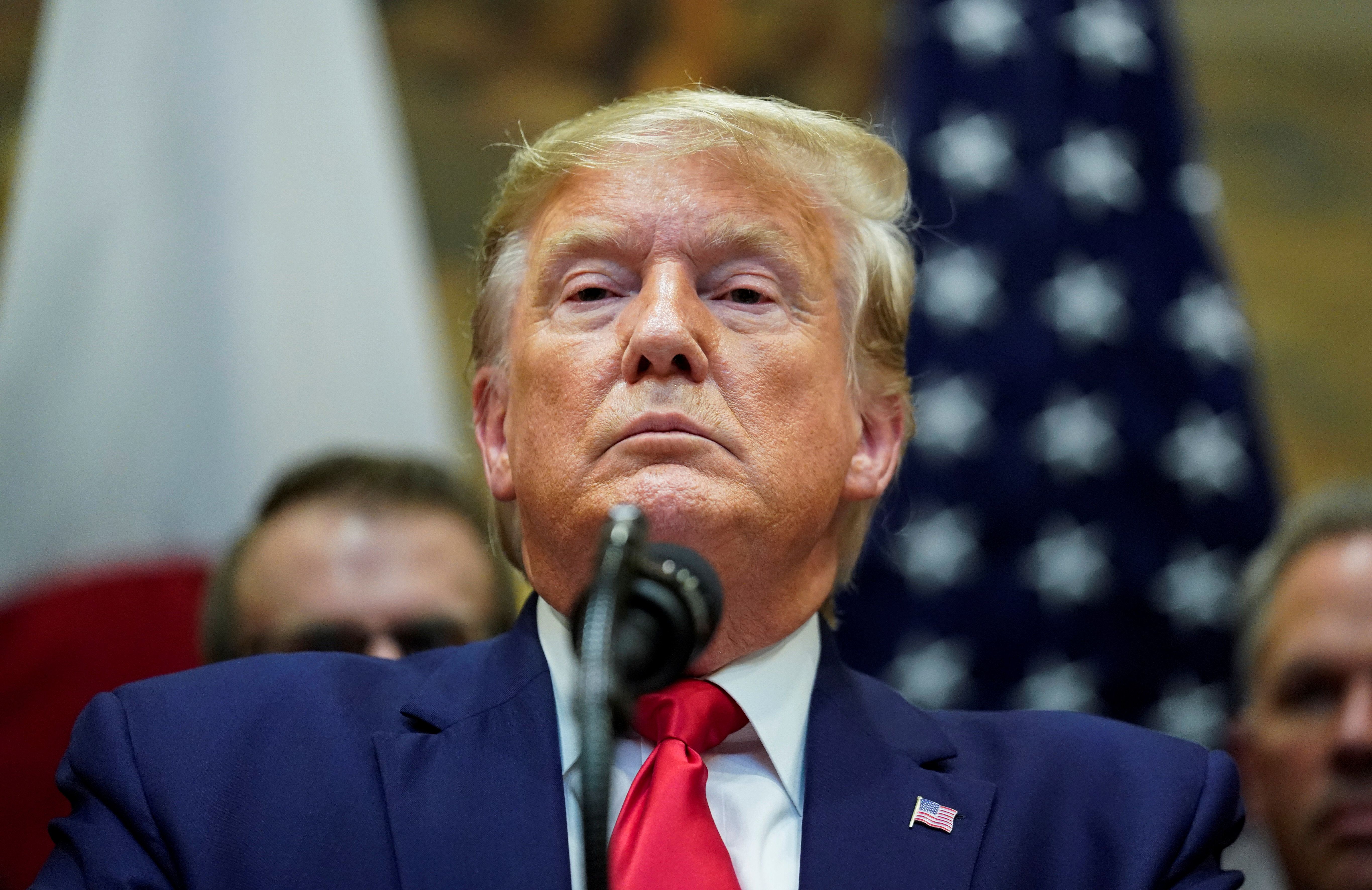October 10, 2019
Turkey's ongoing military incursion into Syria began when President Donald Trump ordered the withdrawal of US forces from land in northern Syria held by the Kurdish-led Syrian Democratic Forces (SDF).
The US has long considered the SDF an important ally in the drive to destroy ISIS. Turkey, by contrast, accuses the SDF of support for Kurdish separatists inside Turkey.
President Erdogan says his country's military will push the SDF and its 40,0000 fighters further from the Turkish border and create a "safe zone" inside Syria to house many of the 3.6 million Syrian refugees now living in camps inside Turkey.
Trump's decision to withdraw US troops cleared the way for Turkey's military to attack the SDF.
This story raises a broader question: What's the proper role for the world's only military superpower in today's world? Is Trump right to withdraw these troops? Or is he making a big mistake?
Here's our take on the most compelling arguments for each side.
Against Trump's withdrawal
- The US president has stabbed a loyal American ally in the back. People who counted on support from Washington are now being killed. Civilian men, women, and children will be among the dead.
- The US needs allies, and Trump's decision to withdraw protection from the SDF, who have fought alongside Americans to defeat ISIS, sends a clear signal to US allies around the world that Washington can't be trusted. The president may promise one thing today and abandon his pledge tomorrow. The next president may refuse to keep promises that the current president makes.
- The SDF holds thousands of ISIS members captive. Attacking the group could free these fighters.
- The US withdrawal will allow ISIS to rebuild and commit new terrorist attacks, possibly on US targets. It will also help Russia and Iran tighten their grip on Syria.
- In ordering this withdrawal, Trump, the only person ever elected US president without ever having served in government or the military, overruled senior military leaders and officials with deep experience of the Middle East. Strong leaders are willing to be guided by experienced advisors.
For Trump's withdrawal
- The Kurds are not "allies" of the United States. They are dependents. Allies come to your aid just as you come to theirs.
- Iran and Russia already control Syria, and military occupation of a foreign country won't eliminate the risk of terrorism at home.
- US soldiers shouldn't be asked to fight over land in the Middle East, occupy its unstable countries, and patrol its streets until the region's powers all become friendly democracies. The American taxpayer shouldn't be asked to pay for endless commitments to the security of others.
- If now is not the moment for withdrawal, then when? US troops have been in Afghanistan for 18 years.
- The first obligation of the US president is to the American people. Candidate Trump promised he would free the US from never-ending wars in the Middle East, and he intends to keep that promise.
The bottom-line: Complicated problems don't come with obvious answers. Tell us what you think.
From Your Site Articles
More For You
- YouTube
Is China’s economic model reaching a breaking point? In GZERO’s 2026 Top Risks livestream, Cliff Kupchan, Chairman of Global Macro at Eurasia Group, highlights mounting pressures on the Chinese economy.
Most Popular
2026 is a tipping point year. The biggest source of global instability won’t be China, Russia, Iran, or the ~60 conflicts burning across the planet – the most since World War II. It will be the United States.
While surgeons remain fully in control, technological advances are expanding the use of surgical robots in operating rooms. As adoption accelerates, so do the expectations for patient outcomes and surgical care. Track medical innovation trends with Bank of America Institute.
- YouTube
Europe enters 2026 under mounting strain as it confronts external threats, internal political pressures, and a weakening relationship with the United States. In GZERO’s 2026 Top Risks livestream, Mujtaba Rahman, Managing Director for Europe at Eurasia Group, describes a continent that is “exhausted, fatigued, weak, and vulnerable.”
© 2025 GZERO Media. All Rights Reserved | A Eurasia Group media company.
